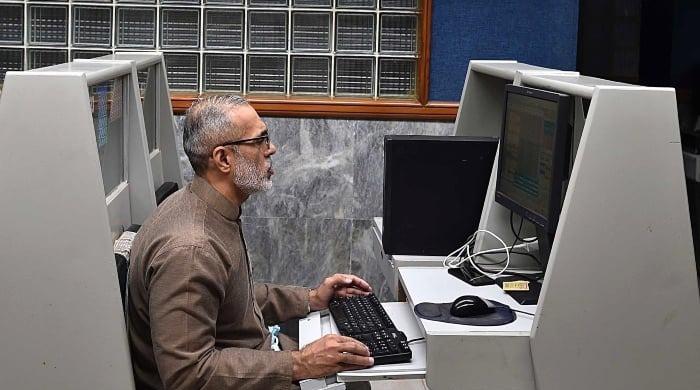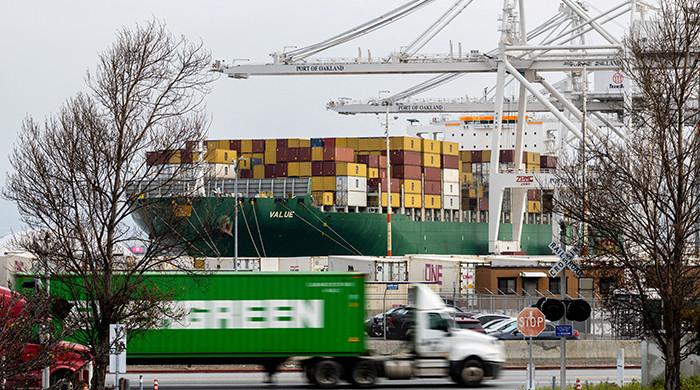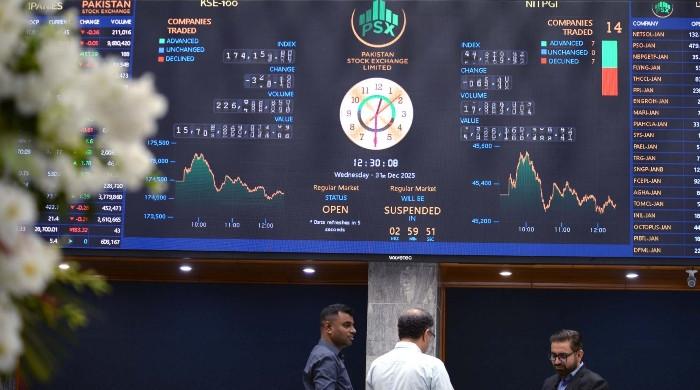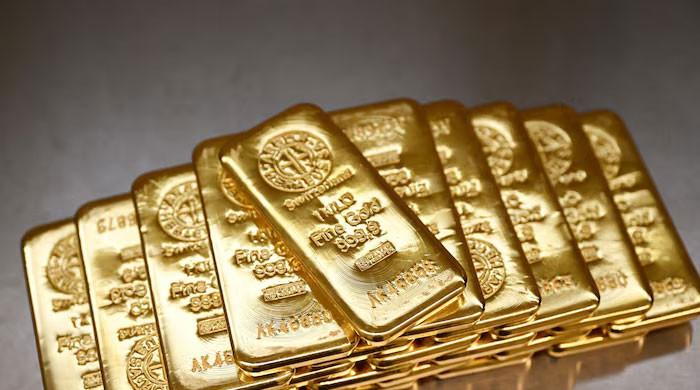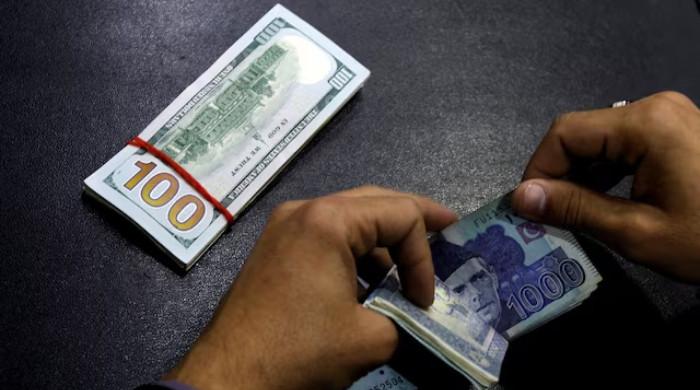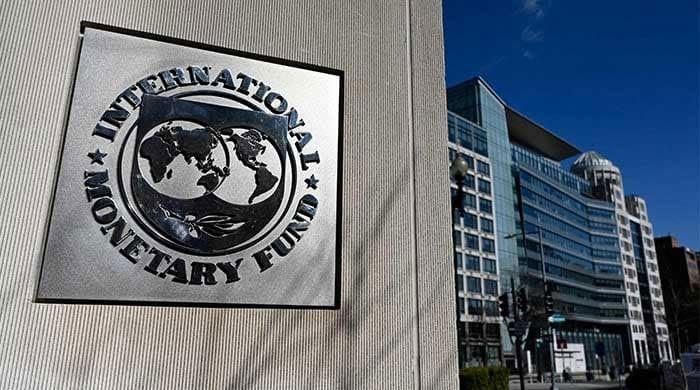Energy, food prices drive up SPI inflation by 0.82%
Sensitive pricing indicator (SPI) reaches annualised high of 38.63 per cent, with weekly inflation increasing by 0.82 per cent
August 06, 2022
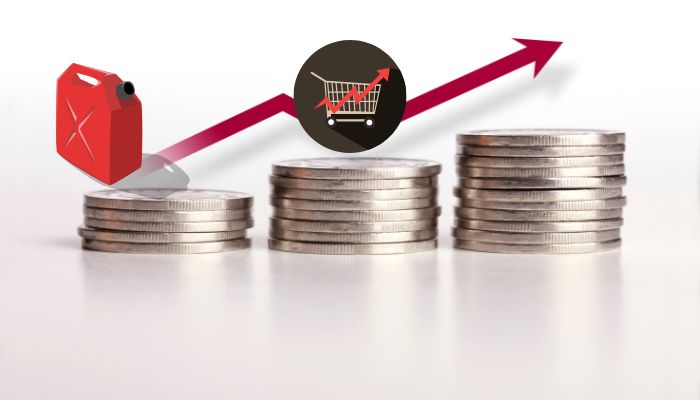
- Due to severe rains, commodity shortages, SPI rises to 38.63%.
- Weekly inflation increases by 0.82 per cent for seven-day period ending August 4.
- Increase in SPI primarily due to higher pricing for perishable food.
Due to a shortage of perishable commodities caused by torrential rains, the sensitive pricing indicator (SPI) reached an annualised high of 38.63 per cent, with weekly inflation increasing by 0.82 per cent for the seven-day period ending August 4, 2022, The News reported.
According to Pakistan Bureau of Statistics (PBS) data released on Friday, the spike can be attributed to rising prices of diesel (109.15 per cent), onions (107.95 per cent), pulse masoor (106.71 per cent), petrol (88.94 per cent), cooking oil 5 litre (74.44 per cent), mustard oil (73.89 per cent), chicken (73.42 per cent), vegetable ghee 1kg and 2kg (72.26 and 70.48 per cent), washing soap (62.62 per cent), pulse gramme (59.07 per cent), electricity for Q1 (52.61 per cent), gents sponge slippers (52.21 per cent), pulse maash (46.01 per cent) and garlic (41.16 per cent).
Fahad Rauf, head of research at Ismail Iqbal Securities, highlighted that the increase in SPI was primarily due to higher pricing for perishable food items, particularly onions. The cause of the spike in onion prices was the country's torrential rains, which significantly impacted the supply chain.
“We expect inflation to remain elevated in the near-term due to planned electricity tariff and possible gas price hike. On the other hand, any price cut in petroleum prices might help in limiting inflation,” Rauf said.
A majority of cooked foods in the country utilise an onion and tomato puree as a base. The price of onions jumped to Rs94.2/kg from Rs75.41/kg with tomatoes up at Rs82.91/kg from Rs74.07/kg.
With mostly stagnant wages, consumers have been reeling under skyrocketing prices of food and fuel. Last year on August 5, hi-speed diesel was being sold at Rs117.58/litre, but now it costs Rs245.92/litre.
Mehroze, a house worker, said: “This inflation is breaking my back. Around 5kg fine aata (wheat flour) and 1kg cooking oil cost the same now; around Rs500. I cannot manage paying my daughter’s school fee regularly anymore.”
She explained that she stops some major expenses to save for her daughter’s fee, but even that has become difficult now because the school now charges Rs500 fine on being late.
Different weightages are assigned to various commodities in the SPI basket. Commodities with the highest weights for the lowest quintile include milk (17.5449 per cent), electricity (8.3627 per cent), wheat flour (6.1372 per cent), sugar (5.1148 per cent), firewood (5.0183 percent), long cloth (4.2221 per cent), and vegetable ghee (3.2833 per cent).
Of these commodities, prices of milk, wheat flour, sugar, long cloth and vegetable ghee 2.5kg went up; vegetable ghee 1kg declined, whereas prices of electricity and firewood remained stable.
For the groups spending up to Rs17,732; Rs17,733-22,888; Rs22,889-29,517; Rs29,518-44,175; and above Rs44,175; year-on-year SPI increased 32.88, 38.44, 36.26, 36.21, and 38.73 per cent, respectively.
SPI comprises of 51 essential items collected from 50 markets in 17 cities of the country.
During the week, out of 51 items, prices of 33 (64.71 per cent) items increased, 4 (7.84 per cent) items decreased, and prices of only 14 (27.45 per cent) items remained unchanged.
On WoW basis, PBS observed an increase in prices of onions (24.92 per cent), tomatoes (11.93 per cent), pulse moong (5.72 per cent), pulse mash (5.28 per cent), potatoes (5.03 per cent), pulse masoor (4.43 per cent), diesel (3.78 per cent), pulse gram (2.69 per cent), eggs (2.44 per cent), powdered milk (1.61 per cent), gur (1.53 per cent), LPG (1.49 per cent), salt (1.46 per cent) and garlic (1.30 per cent).
Joint impact of these commodities in overall SPI stood at 0.58 per cent for the combined group.




